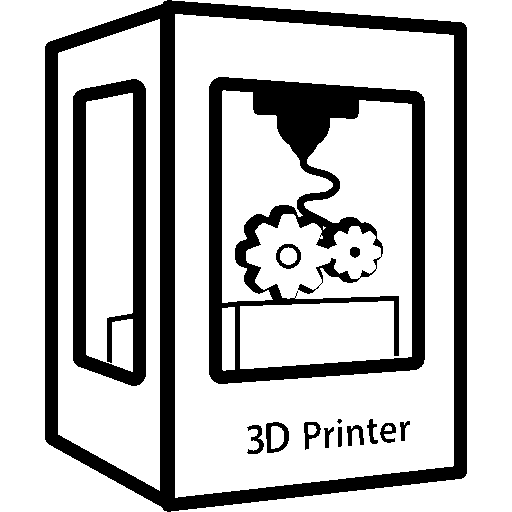I’m looking for some advice on how to bond a post-processed resin printed piece to a large PLA print. I assume my options are either superglue or maybe brushing resin onto the PLA, attaching the resin print, and hitting it with a UV light?
Is there a better way? Thanks!


Y, just use a little file and gently rub it over the two places you’re going to be connecting. Then use some E6000 and a clamp. I can’t remember why this is, but I do know that glue tends to stick best when spaced out. Perhaps the roughing up of the area permits for micro-gaps which allow for the two to better stick? Or that smooth faces in general do not stick well to one another. But I do know whenever gluing plastic I just grab a little metal file and always rub it over whatever part I will be hiding with glue.
I think it is more to do with increased surface area - more molecules of the glue are in contact with the part.
Seems so strange in my head, that you’re removing body yet the surface area is increased? But I actually truly don’t know the science (and actually did not look it up because it’s pretty irrelevant to me). But I do like to look stuff up. I think I just fell down the pie-hole and didn’t take the time. Maybe it’s like a razor, where as you sharpen it and the surface area changes the quality of the shave?
Eh, now I really do have to look into it. Cause clearly you’re saying what it is - I just gotta figure out how you subtract material and it increases surface area. To the internet~
Tada:
Plastic Bonding 101
“It takes the surface from a flat surface to a rough surface. So what was previously flat, now has peaks and troughs. In most cases, an increased available bonding area leads to a stronger joint.”
Say you have a smooth shape like: ███ That has a nice and simple area and surface area. But if you take a chunk out of it: █▂█ you now have less area, but surface area is the same plus those two new vertical walls - so it has increased. That is basically what roughing up the surface does. Might also do some deformation and add some peaks as well though far less than the material removed.
This all leads into the coastline paradox and fractal patterns which show that you can have a finite volume surrounded by an infinite surface area. Here are some interesting videos on the topic: https://www.youtube.com/watch?v=AD4vPNBSrKY https://www.youtube.com/watch?v=I_rw-AJqpCM https://www.youtube.com/watch?v=gB9n2gHsHN4 https://www.youtube.com/watch?v=3s7h2MHQtxc
I’m so geeked out right now, I can’t even tell you. Thank you human, for these lovely videos. I actually have never heard of any of this outside of fractals, and even then I just know of them. When I was in school I got a taste of discrete mathematics, and nothing alive can signal how little you know than getting even a taste of this stuff. It’s absolutely brain tingling, even if some of that tingle is pain in my case. Hahaha! I love it though, and I thank you for the explanation and these. Off to watch!